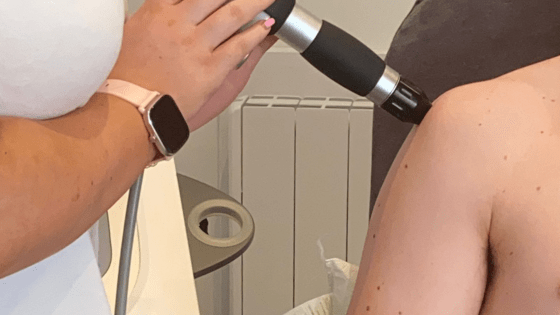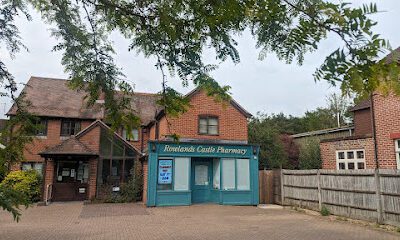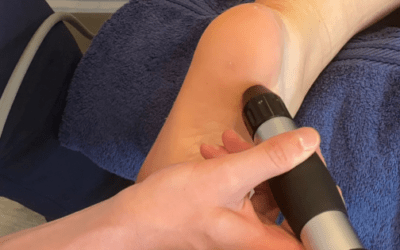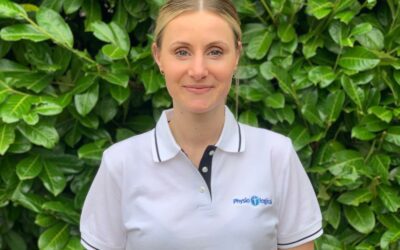Rotator cuff tendinopathy is a painful injury, it can be acute or chronic. The condition is characterised by pain, often along the side and front of shoulder, weakness when lifting and rotating the arm, and can sometimes be accompanied by clicking and a catching pain in the shoulder joint.
What Is The Rotator Cuff?
The shoulder is a ball and socket joint. The Rotator cuff is the group of 4 surrounding muscles that stabilised the ball into the socket joint. Tendons attach muscles to bone.
- Supraspinatus Tendon – lifts the arm out to the side and up
- Infraspinatus and Teres Minor – rotate the arm outwards
- Subscapularis – rotates the arm inwards
The rotator cuff tendons should glide when we move our arm, however when they are damaged or injured they can become thickened, painful and in chronic conditions even calcify (calcium builds up in body tissue, causing the tissue to harden). Supraspinatus is the most commonly calcified; tendons are thought to calcify due to minor traumatic episodes and mechanical irritation.
Risk Facors For Tendon Irritation
- Awkward Postures
- Static Postures
- Heavy Work
- Direct Load Bearing
- Repetitive Movements/ Certain sports (Throwing/ Golf etc…)
- Working with hands above shoulder height
- Lack of Rest
- Metabolic Disorders (Diabetes)
- Muscle Imbalance
- Decreased Flexibility
- Overweight
- Advancing Age
Diagnosis
Tendinopathies can be diagnosed during hands on clinical assessment, which will also help rule out other pathologies (potential injuries). Shoulder Tendinopathy responds well to conservative management; it is always important to try the least invasive treatment options first.
With treatment we aim to reduce pain, irritation and to regain full range of movement and strength.
Shockwave treatment is the delivery of aucoustic waves/ impulses of energy into targeted irritated tissues within the abnormal tendon, without a thermal effect.
Radial Pressure Wave (RPW) consistently delivers the appropriate treatment frequency, maximising the energy delivered into the symptomatic tissues. The more energy we can deliver into the tissues, the greater the positive impact we can have. We can treat the tendon directly and the surrounding musculature.
Key Mechanisms Triggered Using Shockwave To Promote A Healing Response:
- Increase blood flow
- Cavitation
- Muscle oscillation
- Mechanotransduction within cells
- Pain modification
- Pro-Inflammation
- Tendon regeneration and remodelling
- Scar remodelling
- Reducing spasticity in the surrounding muscular
Does Shockwave Work For Rotator Cuff Shoulder Pain?
Schmitz et al (2015) demonstrated that shockwave therapy is capable of significantly reducing pain and symptoms when compared to other treatment techniques for the rehabilitation of calcific rotator cuff tendinopathy. This systematic review observed 88.5% success rates, in relation to pain and increased function, when shockwave treatment was used.
Alongside shockwave treatment at Physio-logical we can offer
- Massage to prepare the muscles for range of motion and strength exercises.
- Tailored and progressive rehabilitation programs for joint mobility, stability, reconditioning (Posture and Scapulo-humeral rhythm) and strength
- Dynamic and Kinesiotaping which research has shown to have a beneficial effect during Rotator cuff recovery
If you are suffering from a reoccurring injury or feel that a long term injury is taking longer to heal than anticipated, then we would be happy to help and discuss treatment options with our Stansted Park Therapists. Book your appointment easily via phone, email or through our secure online booking.




